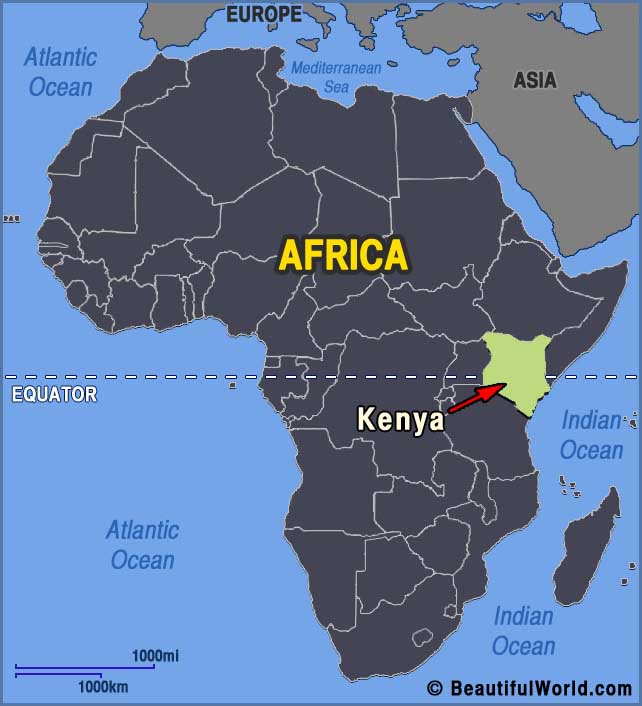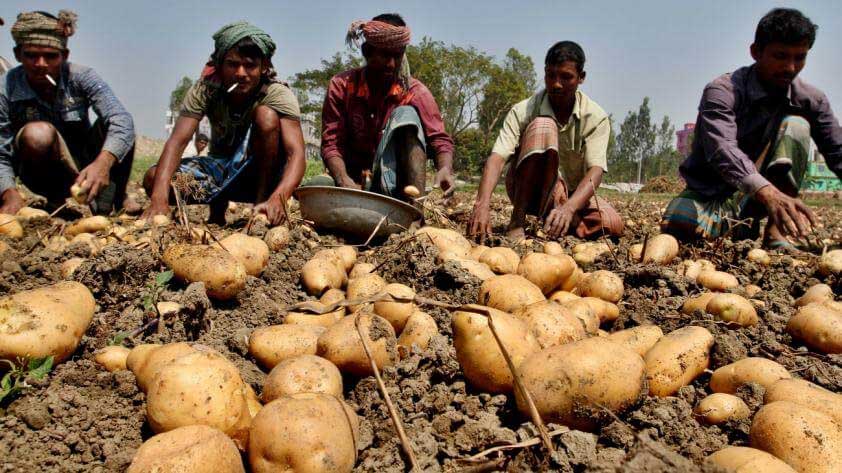Psychologists and biologists from the University of Rochester, the University of Amsterdam, and Cardiff University conducted a study to answer the question “Would consumers eat genetically modified food if they understand the science behind it?” The result of their study published in the Journal of Environmental Psychology says that the answer is “yes”. The researchers…
Read MoreFarmer groups in Ghana are asking the government to speed up the process of commercializing genetically modified (GM) crops as an alternative to pesticide use. They want Ghana’s Parliament and the Ministry of Food and Agriculture to “heed the cry of farmers concerning difficulties we face with pest and diseases, and push for the availability…
Read MoreNigeria approved two genetically modified varieties of cotton for use by the nation’s farmers to help boost supply to its textile industry and cut lint imports of as much as 115 billion naira ($319 million) a year, officials said. The strains were modified by the Institute of Agricultural Research at the Ahmadu Bello University in…
Read MoreKenya is reconsidering its 2012 import ban on genetically modified maize as more than 1 million of its citizens require urgent humanitarian food assistance due to prolonged drought. “In the next one or two months, we will have a decision about the future of that ban,’’ said Professor Hamadi Mboga, principal secretary in the country’s ministry of agriculture, which oversees agricultural…
Read MoreDr Joanne Chory hopes that genetic modifications to enhance plants’ natural carbon-fixing traits could play a key role – but knows that time is short, for her and the planet. Professor Joanne Chory at the Salk Institute, where she leads her Ideal Plant project. Photograph: John Francis Peters If this were a film about humanity’s…
Read MoreThe Pakistan Central Cotton Committee (PCCC) has announced that 93 new cotton varieties will undergo National Coordinated Varietal Trials (NCVT) in four provinces in Pakistan. The NCVT is the near-end stage of the performance evaluation process of any crop variety before Pakistani authorities make their decision to allow commercial cultivation. The 93 varieties are composed…
Read MoreGene-editing technology Crispr is making an impact in different industries, but Jennifer Doudna expects it to make its biggest impact on food. Doudna, who helped invent the Crispr tool, believes that food produced by the gene-editing tool will be available in the market as soon as the next five years. Crispr’d Food Coming To The…
Read MoreIn a few years, people with celiac disease and those who are gluten-intolerant might see a strain of wheat they can digest if all goes well with work led by a team of researchers affiliated with Washington State University. By introducing an enzyme into the grain itself, the team is developing a strain of wheat…
Read MoreHigh yielding varieties of potato and ‘tosha paat (jute)’ will be introduced soon for commercial production as the National Seed Board (NSB) in Bangladesh has given its approval…. According to sources, the Bangladesh Agricultural Research Institute (BARI) has developed the high yield potato variety ‘BARI Alu-81’, while the Bangladesh Jute Research Institute (BJRI) has developed…
Read More(Pictured: Ronda Hirnyck, University of Idaho Extension pesticide coordinator, says glyphosate poses no threat to human health.) TWIN FALLS, Idaho – While glyphosate has lower toxicity than many pesticides — it’s rated zero risk for homeowner use — the news and social media are laden with its purported health risks to humans, especially cancer. But…
Read More









